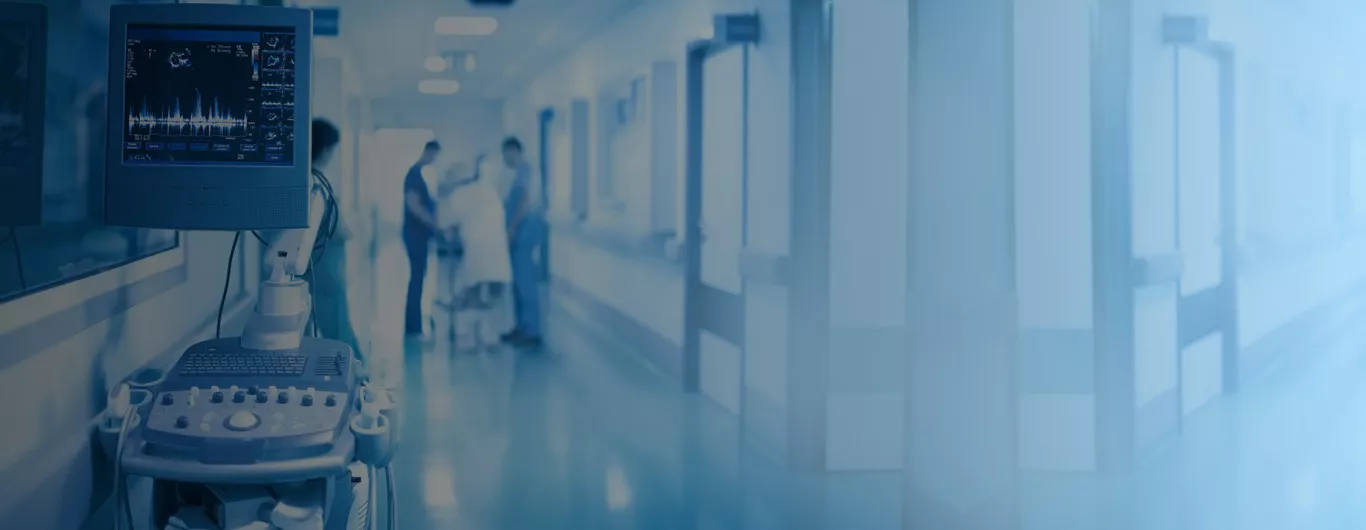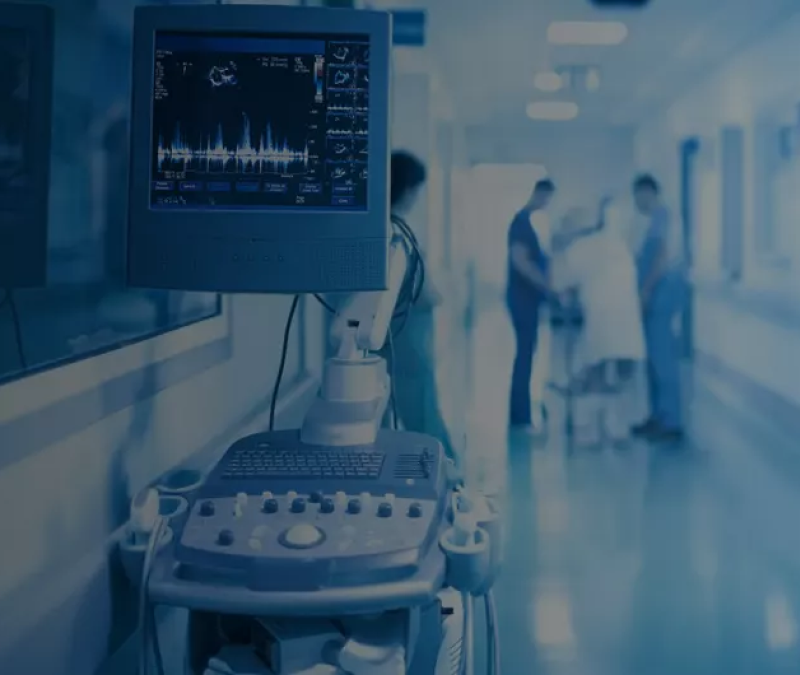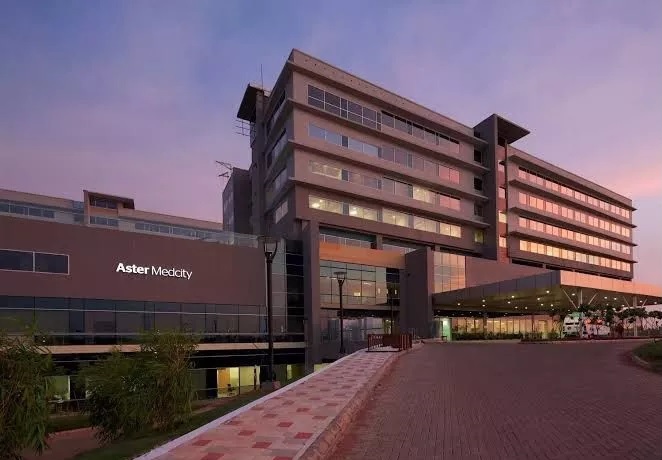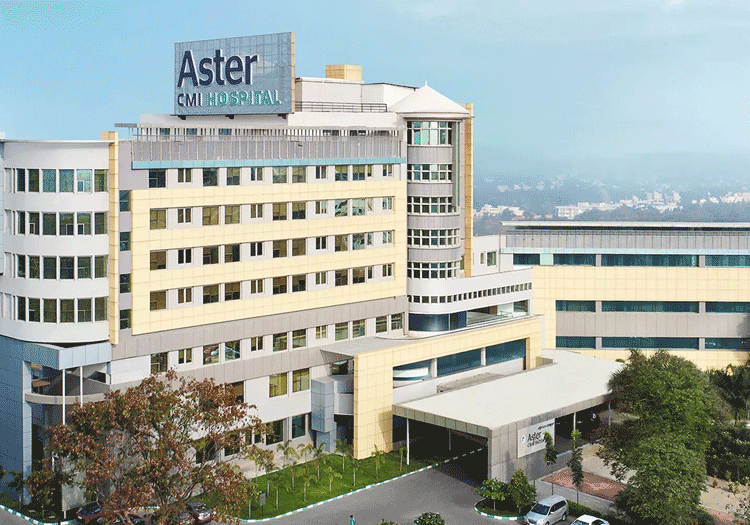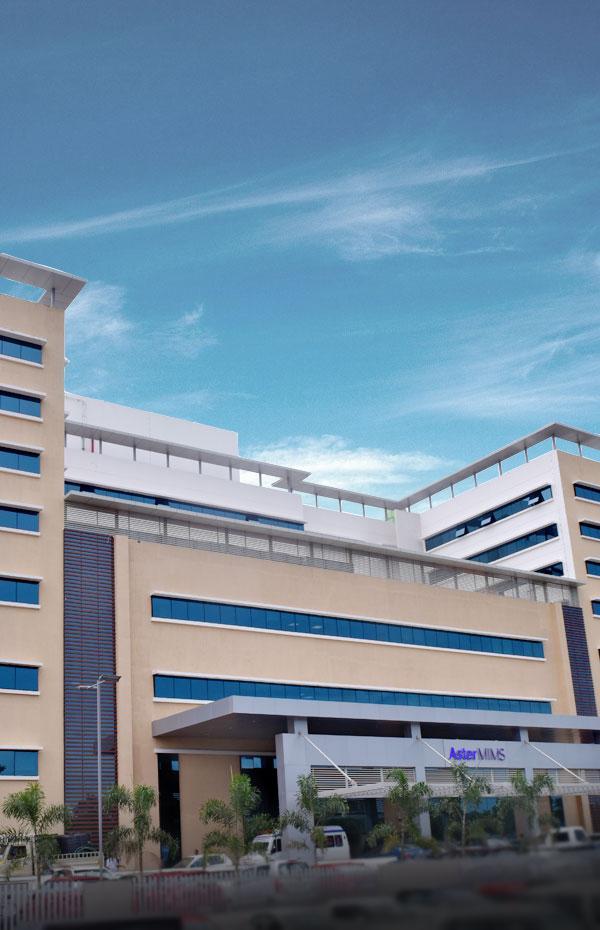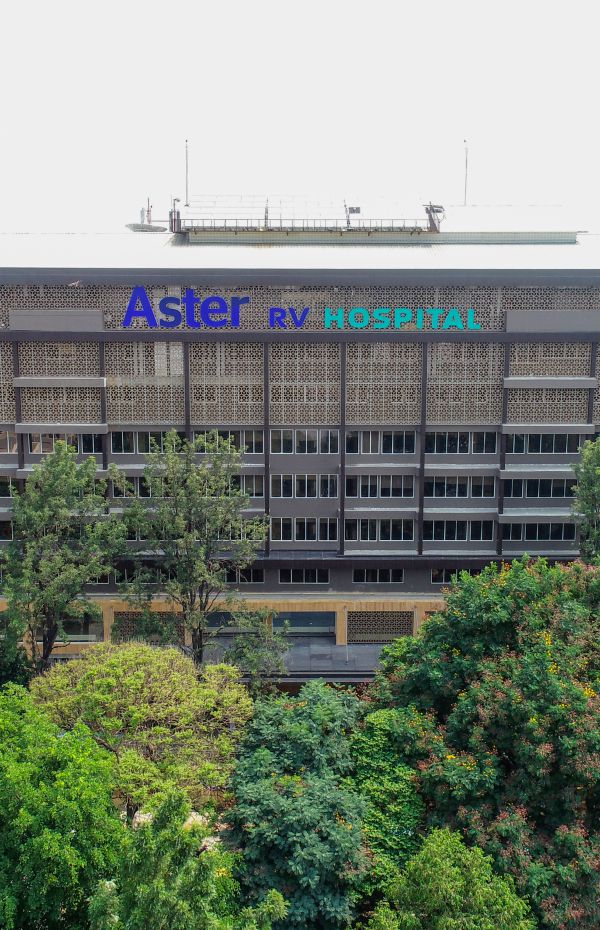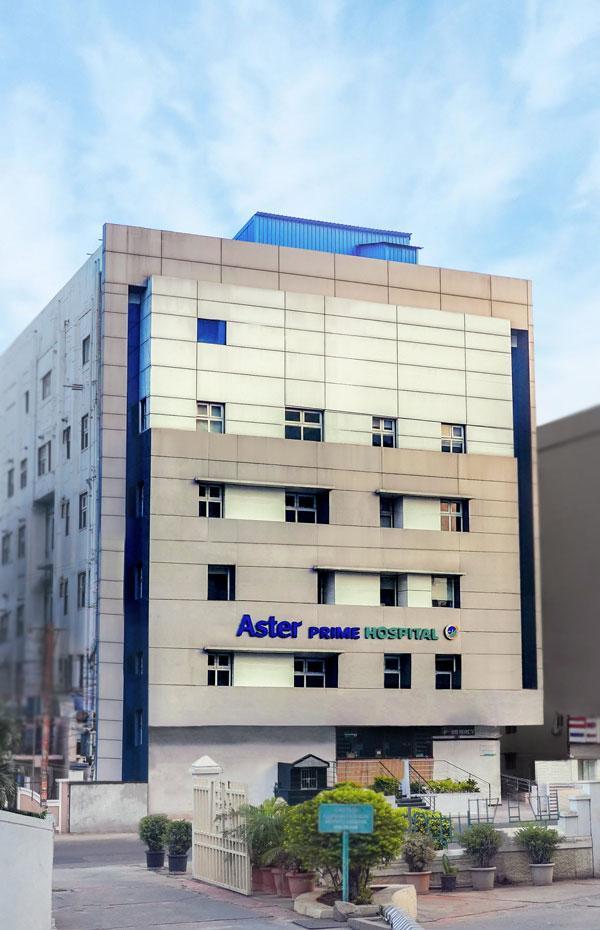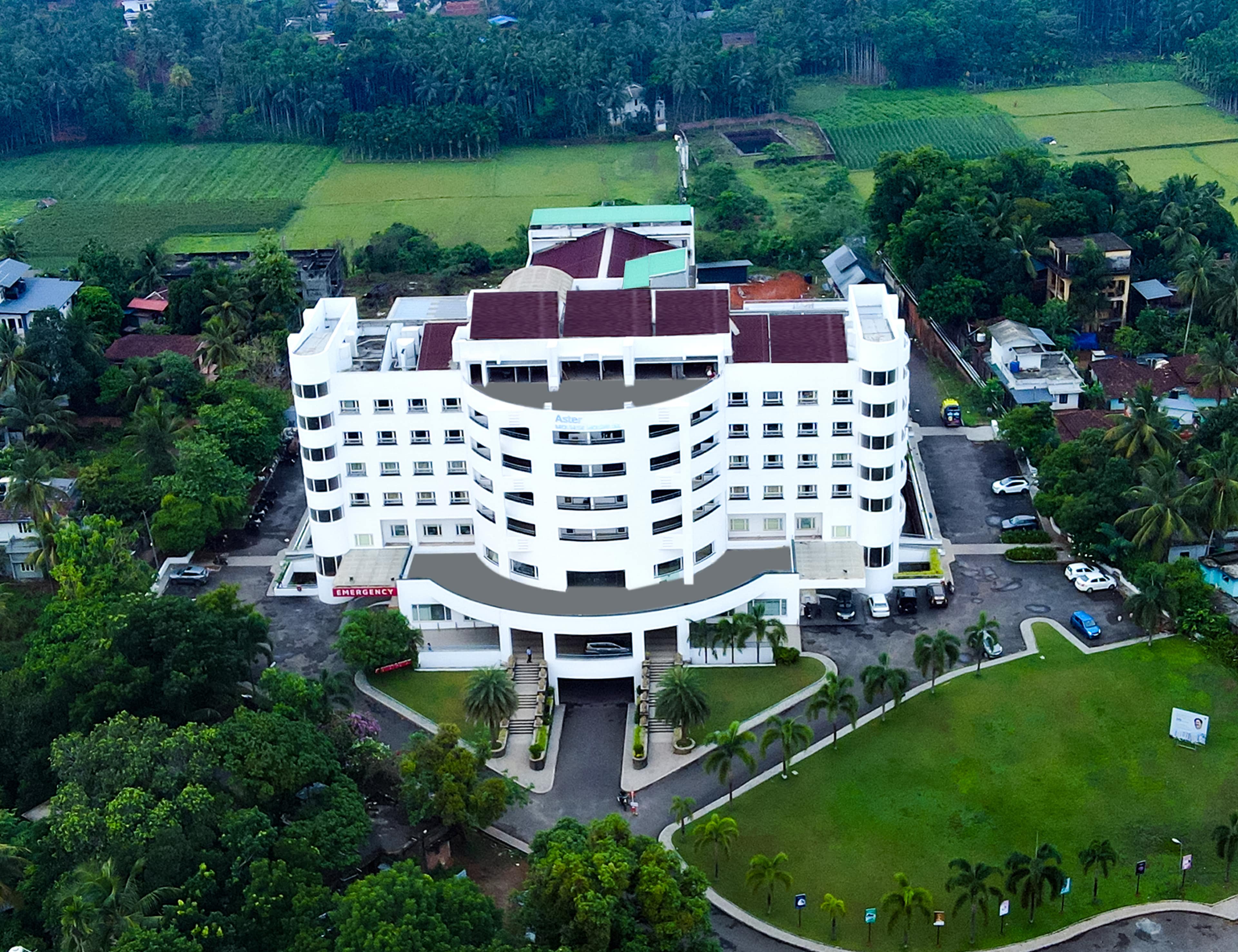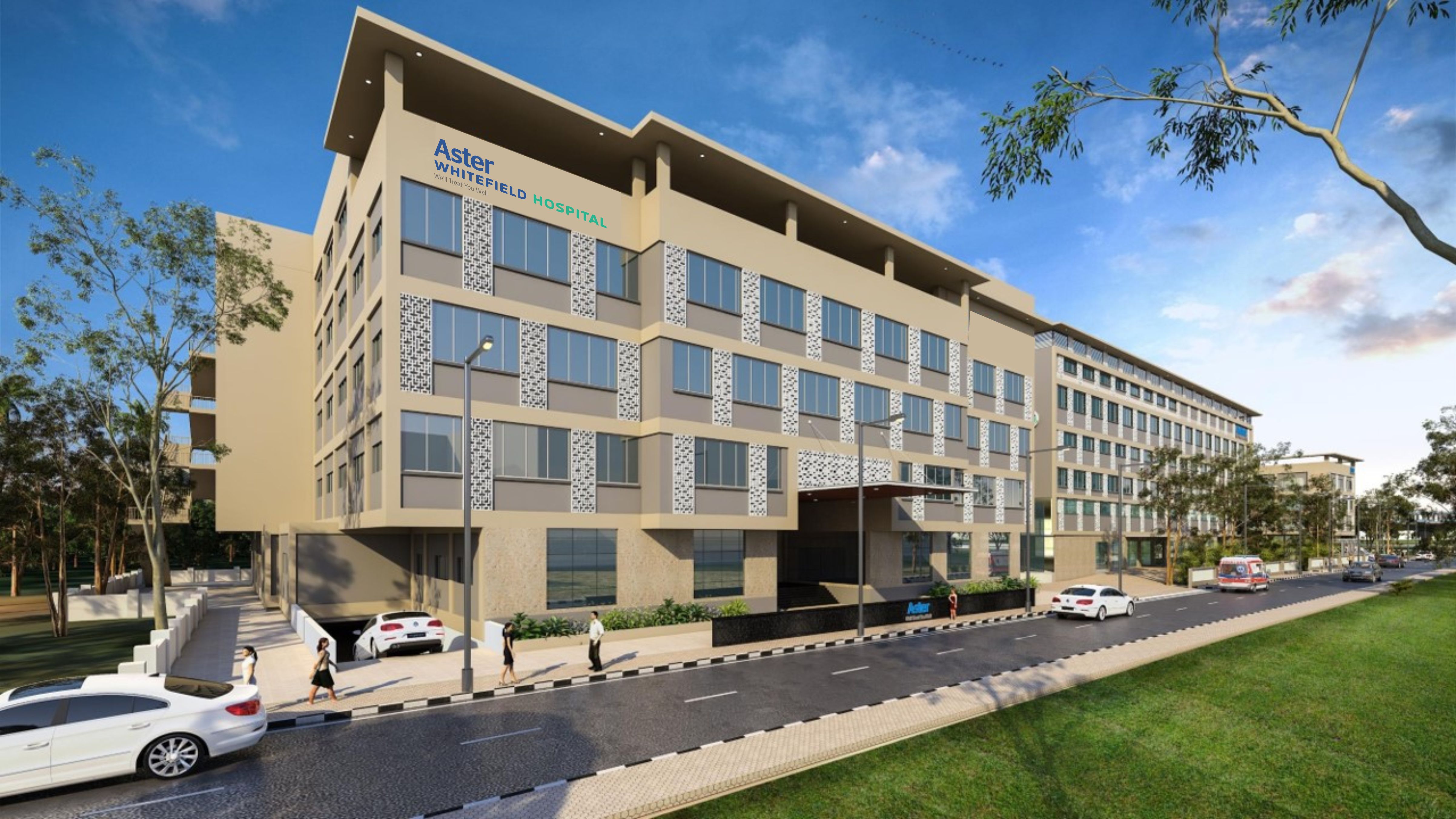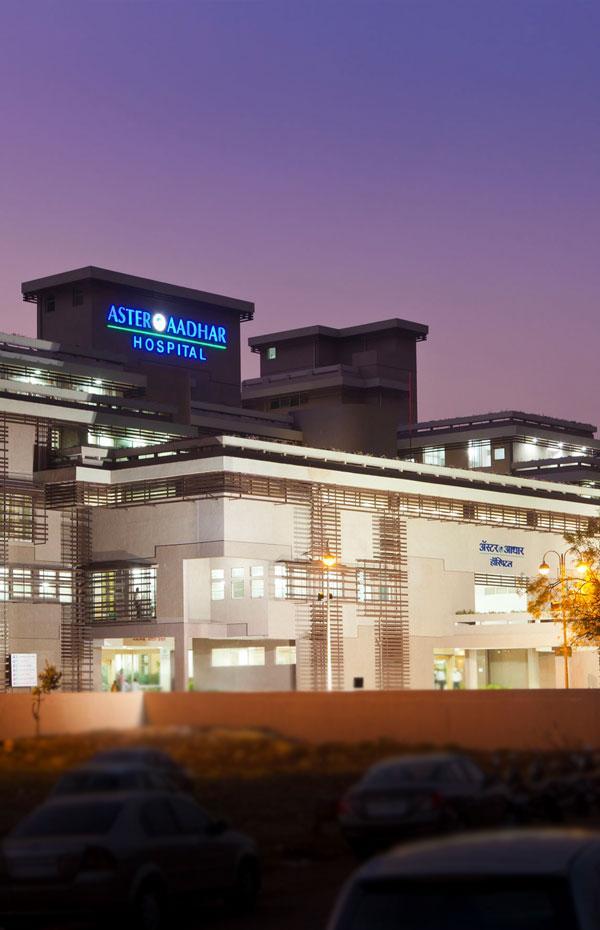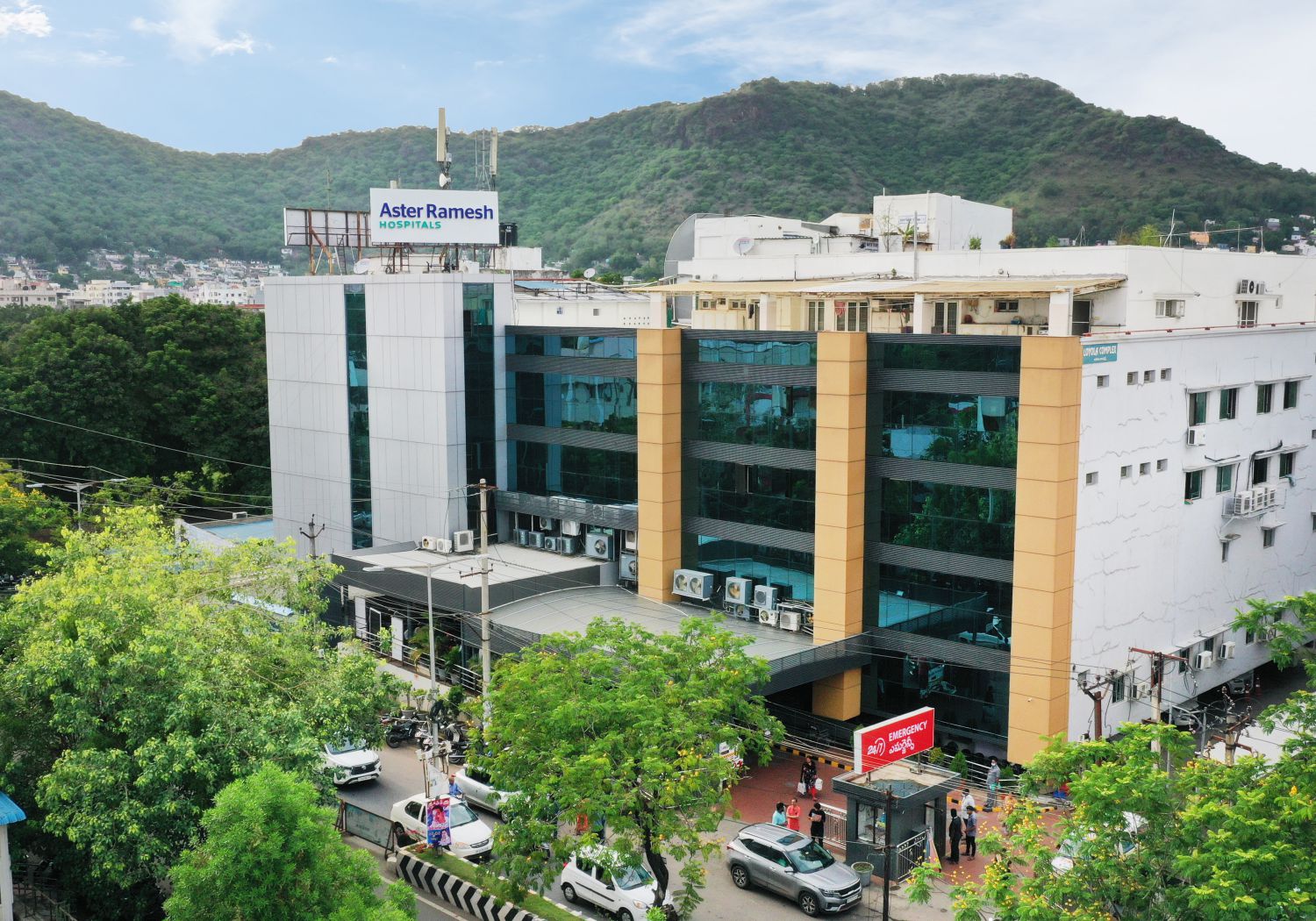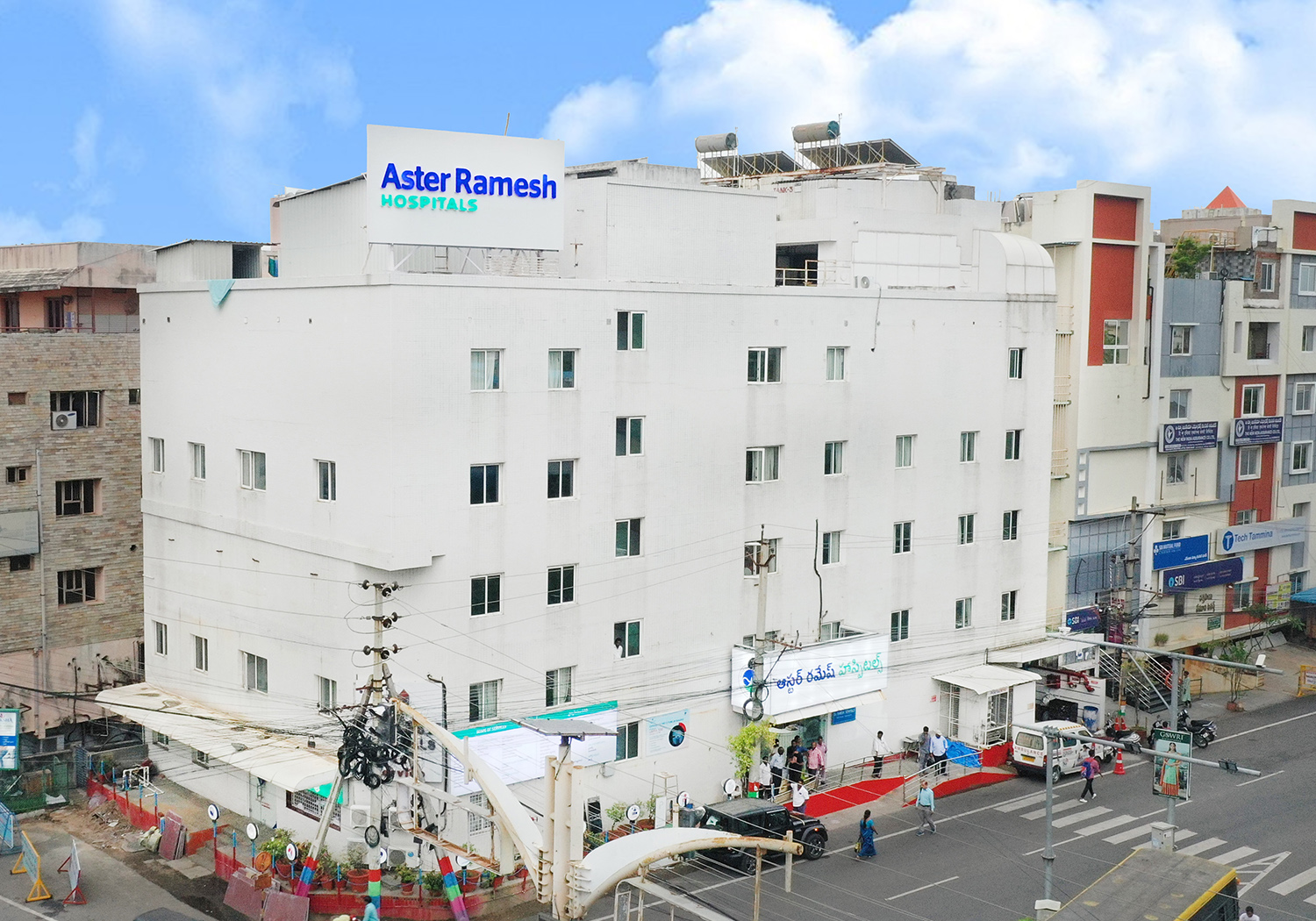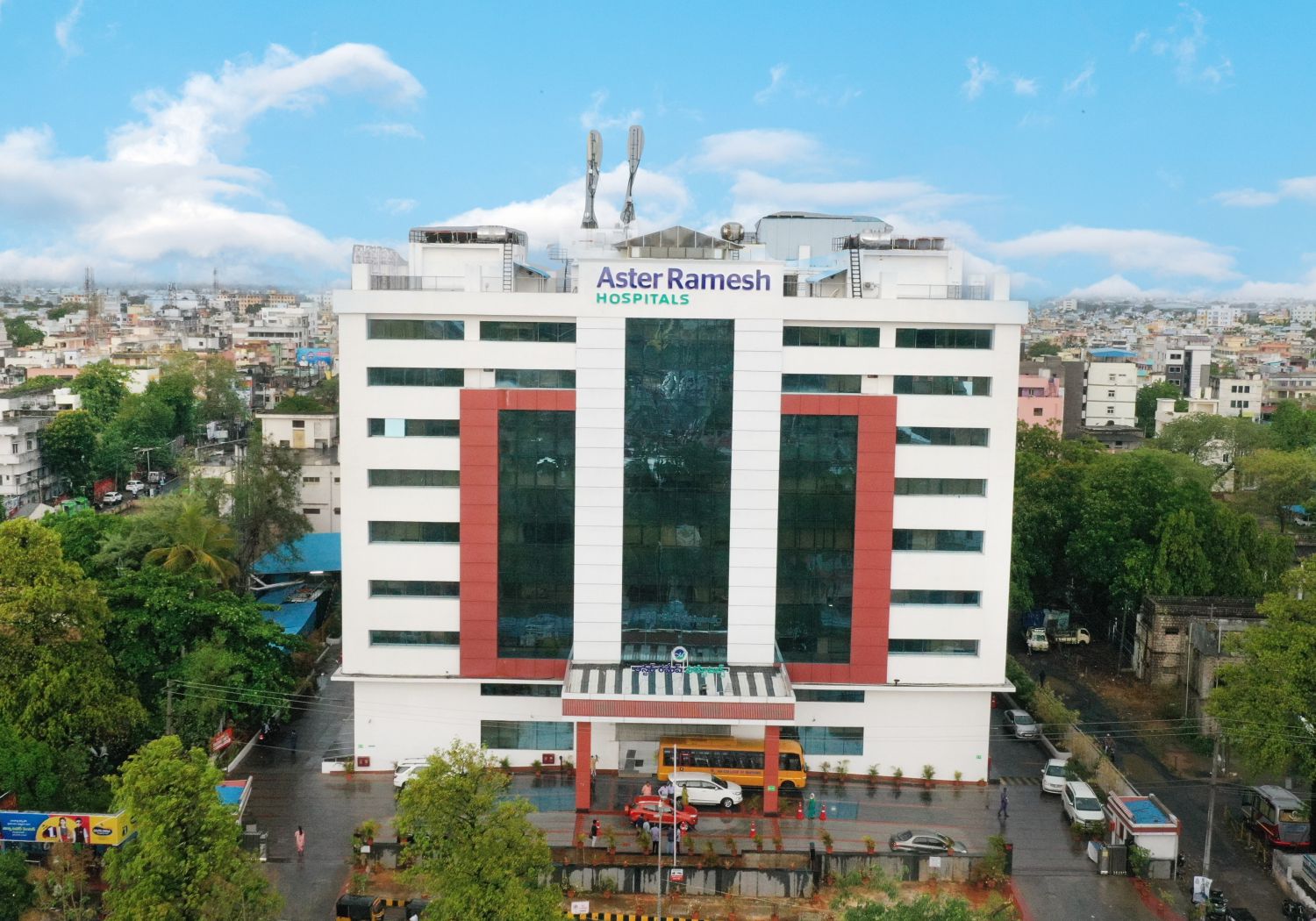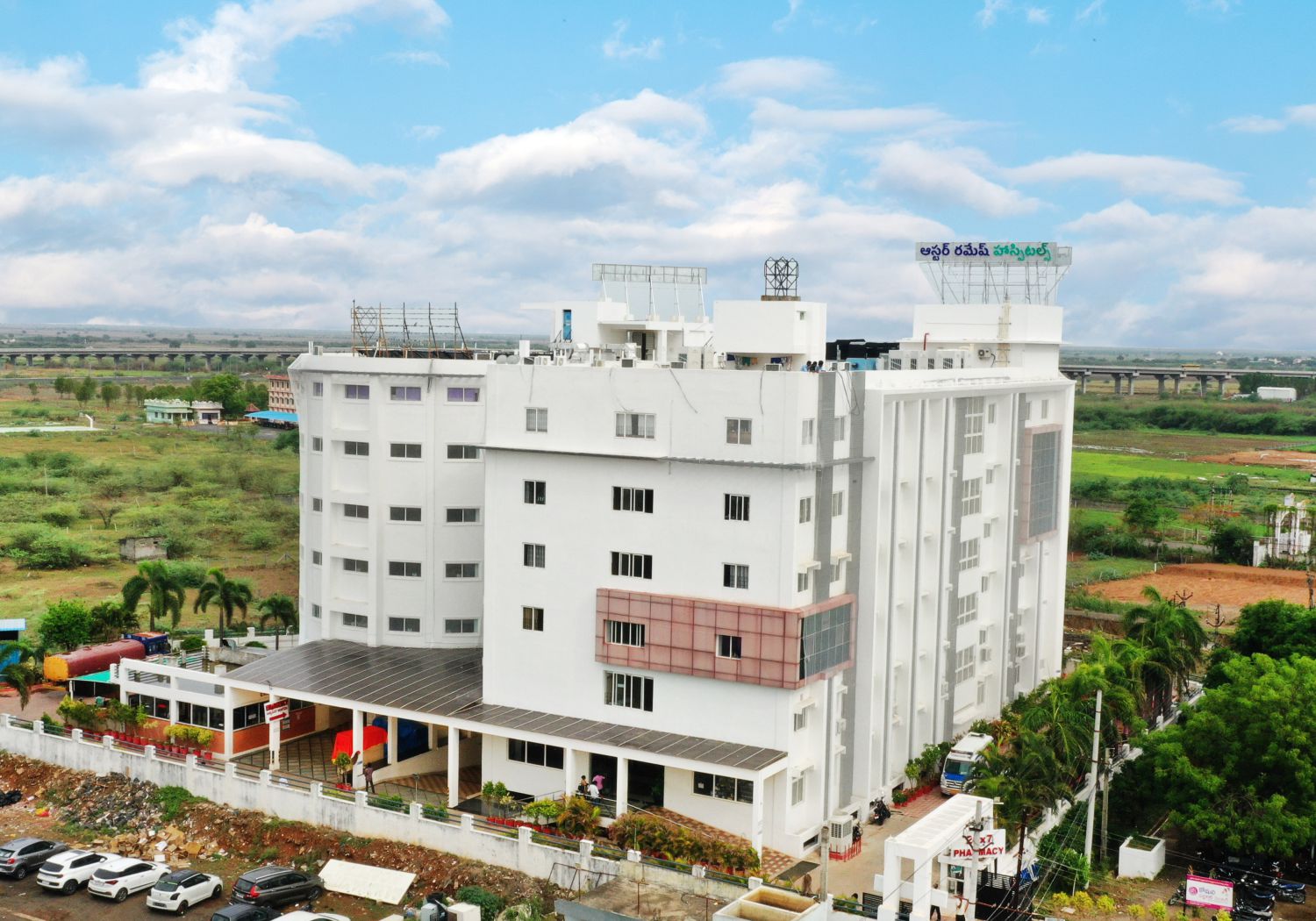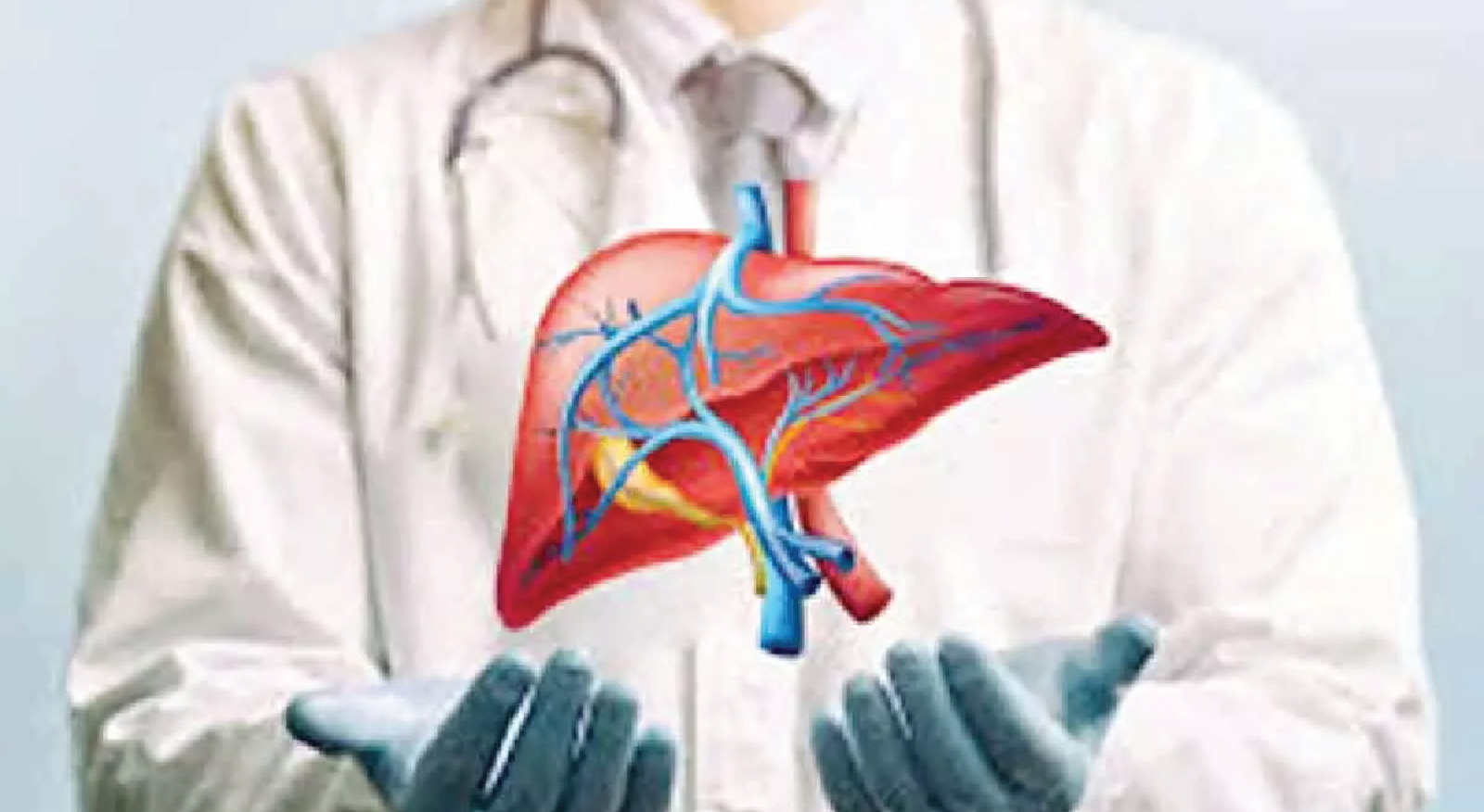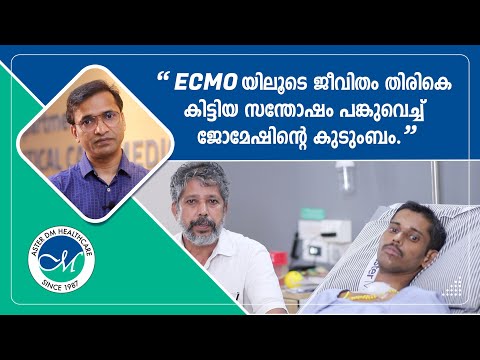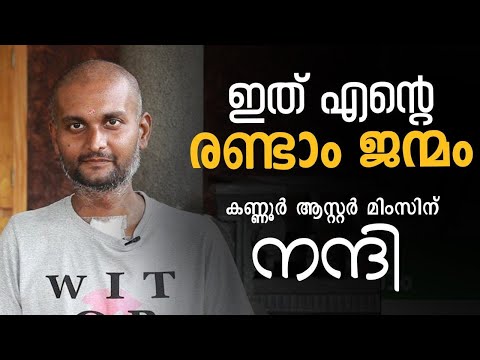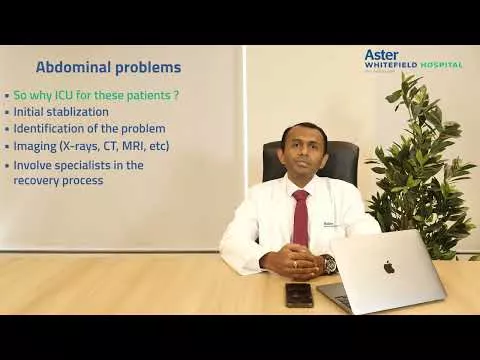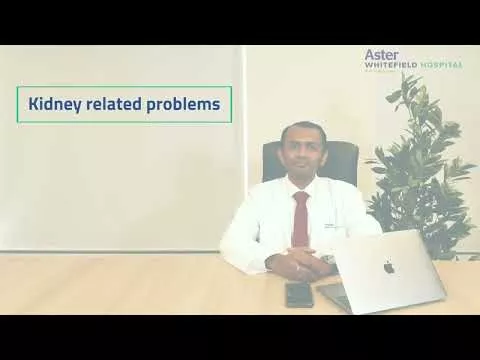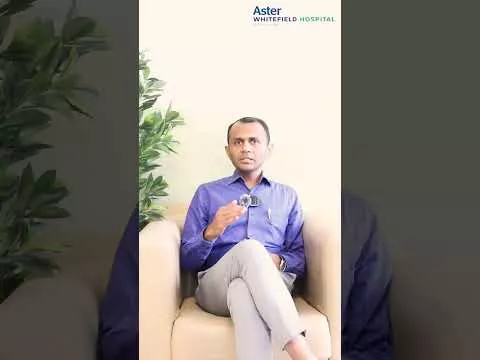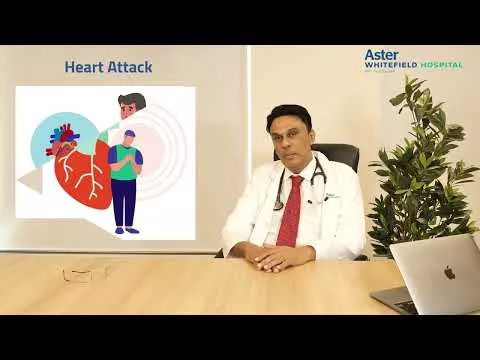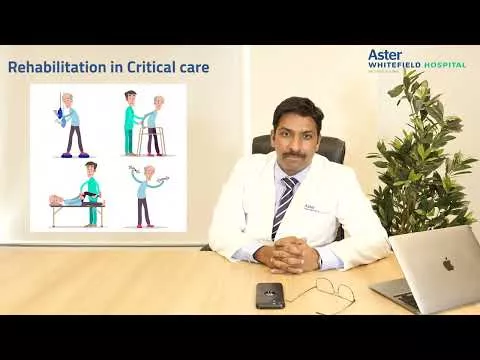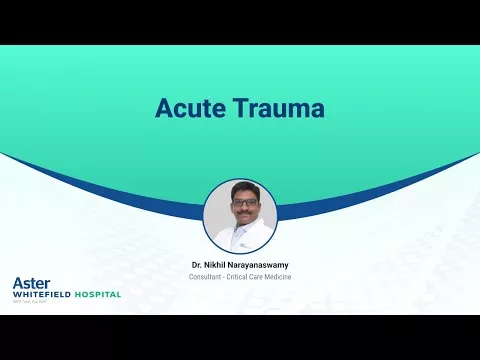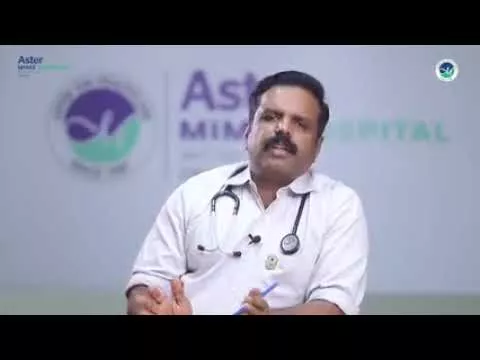Be it unfortunate medical emergencies or sudden accidents, our highly trained team of critical care specialists are present 24x7 at the hospital and are available to perform life-saving measures for patients in need of immediate medical attention. In addition to the critical care specialists, our ICU provides a high level of bedside care at the hands of dedicated critical care nurses, respiratory specialists, nutritionists, physiotherapists and support staff. This specialised group ensures that the highest standards of multidisciplinary support and care are provided to critically ill patients. The advanced monitoring technology lets our medical professionals watch every hour of your improvement as you regain strength whilst ensuring that the continuum of care is always met. As a department, We’re continually working to improve the quality of care we offer and we have the technology and expertise to make not just medical decisions, but life-saving ones.
Our Doctors
We have some of the best specialists from around the world, they bring years of experience and offer evidence-based treatment to ensure the best care for you.
Advanced Technology & Facilities
Well equipped with the latest medical equipment, modern technology & infrastructure, Aster Hospital is one of the best hospitals in India.
If a patient is in a very critical condition, even carrying them to the hospital is risky. To minimize risk to the patient, we have ambulances that are fully equipped to function like an ICU – the care starts the moment the patient is picked up
High quality postoperative evidence based patient care
Resuscitation of acutely ill patients
Invasive monitoring
Ventilation techniques
Percutaneous tracheostomy
Fibre optic bronchoscopes for therapeutic and diagnostic modalities
Transesophgeal echocardiography
Intraaortic baloon pump
Acute postoperative pain relief techniques
Nutrition therapy
Rehabilitation therapy
Perioperative anesthetic care
Anesthesia for solid organ transplant
Invasive monitoring of deep hypothermic circulatory arrest and associated technique
Anesthetic support for SSEP and MEP
Anesthesia for infants, neonates and children
Anesthesia for craniofacial reconstructive and cosmetic surgery
Labor analgesia and obstetric Anaesthesia
Regional anesthetic techniques with ultra sound and PNS
Transesophageal echocardiography
Fibre optic bronchoscopy
Difficult intubation maneuvers
Intar aortic balloon support
Inotropes vasodilators and vasopressors
ECMO and LVAD assistance
Neuro monitoring: BIS, NIRS, neuromuscular monitoring, TCD
Special anesthetic techniques for awake craniotomies
Blood conservative measures
Epidural steriods therapy
Ultrasound-guided and fluro-guided root and facet blocks
Home visits by palliative division
End-of-life care.
FAQs
Want to find out more about the treatment? The answer to your questions can be found below.
What is the role of a critical care physician in a patient's treatment journey?
Critical care physicians in Ongole examine patients’ critical illnesses and diseases through a comprehensive monitoring process. This process includes a physical examination, diagnostic and imaging tests, analysis of previous reports, identification of potential side effects and associated risks, and, after considering all steps, treatment of patients with the best treatment plan.
Patient Stories
Our patients are our best advocates, hear the inspiring stories of their treatment journey
Blogs
The source of trustworthy health and medical information. Through this section, we provide research-based health information, and all that is happening in Aster Hospital.
News & Events
Stay updated with the latest happenings at Aster Hospitals. Explore our News and Events section for insightful articles, health tips, upcoming events, and noteworthy achievements.
